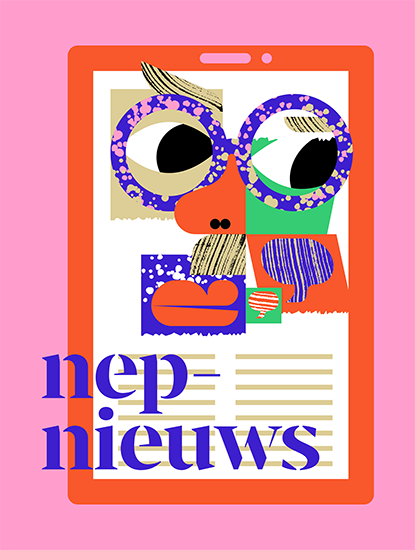What are algorithms used for?
Many media companies use algorithms to some extent for their daily functioning:
- Search engines. The algorithms behind search engines predict which search results match your query most closely.
- News media. The algorithm behind news websites or apps predicts what information users will find interesting in order to personalise news.
- Advertisers. Thanks to algorithms, advertisers can target the right audience by showing internet users personalised advertisements.
- Social media. The algorithms behind social media are designed to keep the attention of users for as long as possible. It fills their feeds with content related to earlier search queries, likes, shares and reactions.
But algorithms aren’t exclusive to the media sector. You can technically use them for anything. They are used to highlight suitable candidates in job applications, they help self-driving cars avoid obstacles, and even police experiment with algorithms to try and predict criminal activity.
How do algorithms work?
An algorithm is a mathematical formula that is always developed by humans and that can be adjusted at any time. That means that every algorithm is different. The only thing algorithms have in common is that they start from a certain input (eg. a search query) and always have a certain goal (eg. displaying the best search results). Companies prefer to keep the actual steps the algorithm takes to arrive at its result a secret.
